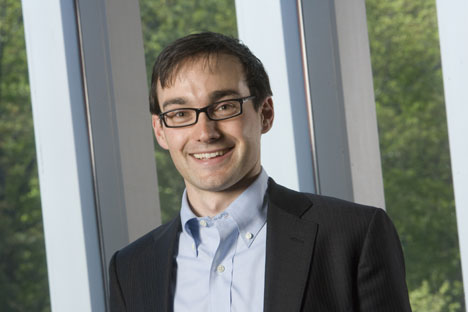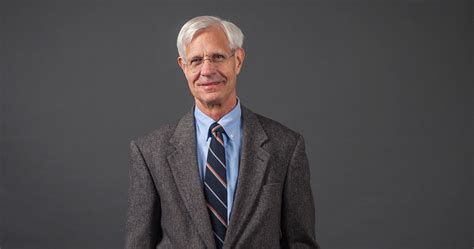“Culture and the Constitution:
The Right to Bear Arms and the Bruen Case“
Tues. Nov. 15, 7 p.m., Elaine Langone Forum
For the first time in recent memory, a forum at Bucknell features two prominent scholars of the Second Amendment debating it and gun issues. Prof. Joseph Blocher of Duke Law School (top below) and Prof. Nelson Lund (bottom below) of Scalia Law School at George Mason will discuss whether/how the right to bear arms is a relevant constitutional “check and balance” today, what type of gun-control regulations are permissible under the Second Amendment in light of SCOTUS trends, and where issues about “gun rights” and “gun control” will lead in 21st-century America life.
Whether you are in favor of the right to bear arms or the right to arm bears, don’t miss what promises to be substantive expert discussion from different perspectives on a controversial topic: The role of guns in the culture of the American republic.


About the series: The recent death of Queen Elizabeth II reminded many of the symbolic Venn diagram between culture and government. The US Constitution in many ways performs that symbolic function in America, a focus today for both unity and division over historical memory and social aspirations. This series seeks to shed light on the relation of the Constitution to culture in the twenty-first century, especially through the lens of recent controversial SCOTUS decisions, while helping to bring balance to the spectrum of views available on campus and in the local community.
Hosted by the Bucknell Program for American Leadership, a faculty-staff association, with generous support from the Open Discourse Coalition, an alumni association.